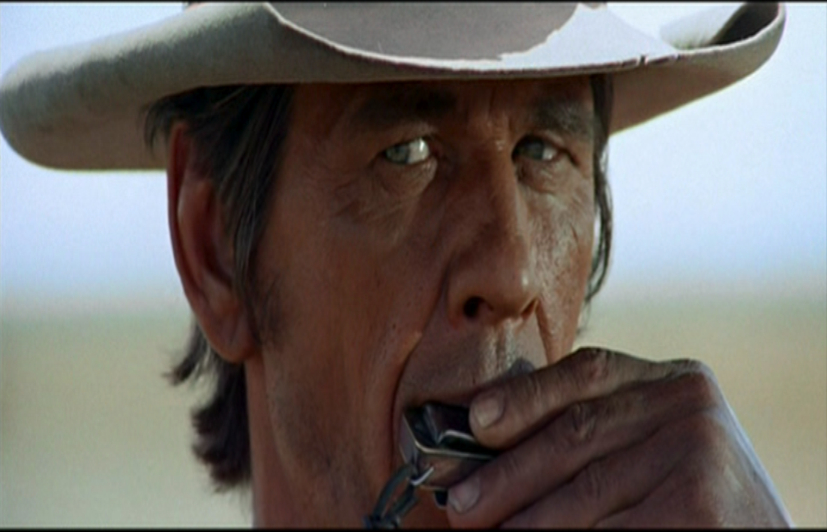One common complaint by consoomers is that rightwingers (like me) are hypocrites because we hate modern Hollywood for being woke and forcing non-White and female characters into movies, but we love stuff like The Terminator and Alien, along with the first sequels for both films, and these films feature female protagonists front and center. So, the line of thinking goes for the consoomer: there is no real difference between what Hollywood creates now and those older films and, more importantly, if those films were to come out now, they would be bashed for being woke. While it is true that I hate the “girl power” films of today and love The Terminator and Alien, this accusation carries no merit beyond the most surface level analysis.
There are several major differences between what stuff like The Terminator and Alien did and what Hollywood produces now. The first and most critical difference is that those earlier films were actually good. This is more than just my opinion, or even the case of older films being cut some slack due to nostalgia; at this point, the Marvel films have been around long enough that we can safely say they really don’t have much “cultural staying power.” Take a famous line from a movie that used to be one of the highest grossing films of all time: “I’m going to make him an offer he can’t refuse.” It’s a great line, but it is also instantly recognizable. Even before I saw The Godfather, I knew what that line was from and what it meant. Is there anything from the Marvel movies, or even the Star Wars sequels, that can hold a place in the broader culture like this? Sure, people watch Marvel movies, but how much has really permeated in the wider culture, and to the point where its greatness is still being discussed decades later? This applies to something like Alien, too. The chestburster scene resonated with people because it was so well done (and horrifying). I doubt even the biggest consoomer can make the argument that anything in the MCU is remotely comparable.
Besides, even though Alien and The Terminator feature female main characters, there is more to them than constantly reminding the audience that “girls are awesome and can do no wrong.” They are both extremely well written and compelling characters. Yes, they have strengths, and they discover these strengths more throughout the course of each respective film. However, they also have weaknesses, too. In other words, they are realistic characters, and these films do a fine job with character development. Sarah Connor actually is a persuasive character – she’s well written and feels like a real person. At first, she is clearly no match for the T-800, but throughout the film she changes and adapts (with the help of Kyle Reese); so, when the antagonist is defeated (crushed by a hydraulic press), it feels exciting, it feels as if something that should not have happened has happened, and not in a cheesy tacked on way. Contrast this with Rey from the Star Wars sequels. She’s essentially fully formed from the moment she appears on screen. There is no sign of her struggling at achieving her goals and she experiences little, if any, discernable development of any kind. And this equates to a less interesting character and the central problem of the Star Wars sequels. I am a Star Wars fan, but even I have problems remembering the sequels, something I never thought I would admit. Sure, the prequel trilogy was bad, but at least they were bad enough to remember them, the sequel trilogy cannot even do that.
Next, while I have no issue with a film having a message, there is a difference between having a message and doing it well. The average consoomer cannot understand this distinction. I think it’s generally better for a film to be subtle in its messaging, but this does not always have to be the case. I love the original Dawn of the Dead and, while there are many great things I can say about it, I will be the first to admit that it is not a subtle film. The movie is very blatant in its attacks on consumption-driven Americans, but it is also a great horror film, even with the socio-political subtext included. However, this is not the issue with most of Woke Hollywood. They want to introduce a message, not handle it well, and then expect praise for doing so. What is tragic, though, is the extent the consoomer has played along with this scheme. As more time goes by, the more I realize just how important of a movie the all-female reboot of Ghostbusters was. Not because of the movie itself, but rather because of the post-backlash: a significant portion of the Left decided to automatically defend Hollywood every time it went for woke political posturing, doing so to score points against those mean rednecks and cultural reactionaries. This does reveal how the consoomer mind works. For better or worse, I can understand why the Right, especially the normie Right, will defend media that looks to be, even if superficially, in their favor – this is a starved audience. But the consoomer does not have that excuse, almost everything Hollywood produces is geared to their political sensibilities, but they still have not developed a more refined palate.
Finally, there is a difference between a film having a female main character, or even being made for women, and a film being poorly made feminist propaganda. This is not well known, but much of what Hollywood made during its Golden Age, an era I date from roughly 1935 to 1950, was actually produced with a female audience in mind. Why this was the case between 1941-1945 is easy enough to figure out, but the reasoning behind this trend outside of the war years merits some study. And while there certainly were plenty of films made for a primarily male audience in those years, the reason for the female tilt in Golden Age Hollywood was because the studios found out they could sell more tickets with women. The rationale for this is because women are hardwired to be more social than men, while a man may go see a movie with a friend, he may also go alone. A woman, however, would not go to a movie alone, she would at least bring a friend. To make matters even better from a ticket selling perspective, during this time there was a strong societal prohibition against single dates, meaning that Hollywood found out very quickly that if they made a movie a woman might want to see, she would drop hints until a guy asked her to go, and that would mean getting a friend to do the same. It really became a matter of selling one ticket versus selling four. With all that being said, none of these movies told young women how strong they were and how they didn’t need a man. These films were feminine but not feministic.
The consoomer is wrong, there is a world of difference between the great films of the past that might feature a female lead, or even ones that may appear to be for a primarily female audience, and the consoomer cinema of today. Alien and The Terminator might be atypical action/horror films that feature women as their main characters, but they actually do something with that, they genuinely take the time to flesh out those compelling characters, and then, more importantly, actually put them in interesting scenarios. The Star Wars sequels do not bother to do this, but still want a pat on the back for being inclusive. And, legions of consoomers are ready to defend them. The Left, as it stands now, largely exists in kneejerk defense of global corporations, and their preprogrammed embrace of the trite “girl power” trope is just one more example of this trend.







Excellent analysis!
In the past, movie houses wanted to put butts in seats, thus appealing to a demographic that would ensure a larger audience. Movies were even designed to sell concessions at the snack counter, I still remember the buzz for the secret candy that ET consumed in the blockbuster “E.T. “, and Reese’s Pieces became an instant phenomenon. The theater I worked at, as a youth, sold out every show for 26 weeks
So much money is made on a relatively small amount of movies now, the movie houses can afford to lose on social propaganda films.
This is a great analysis.
TBH, my favorite character from Alien was the cat